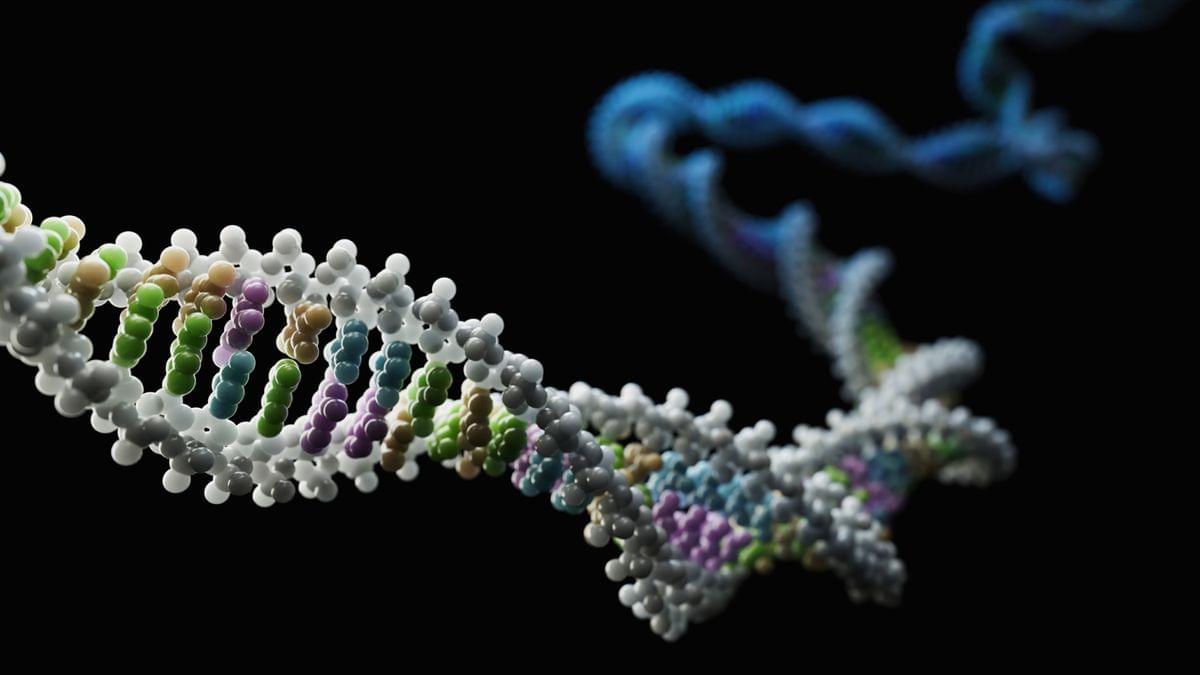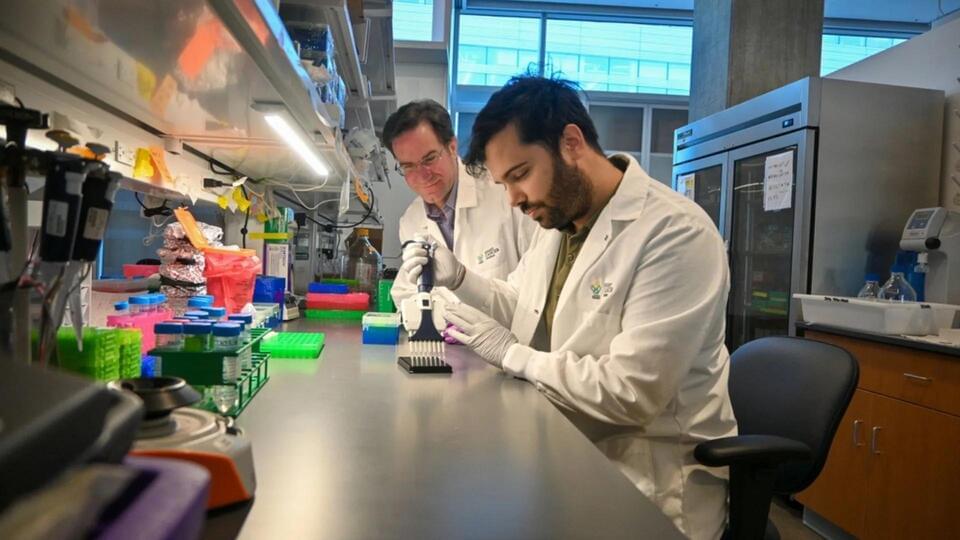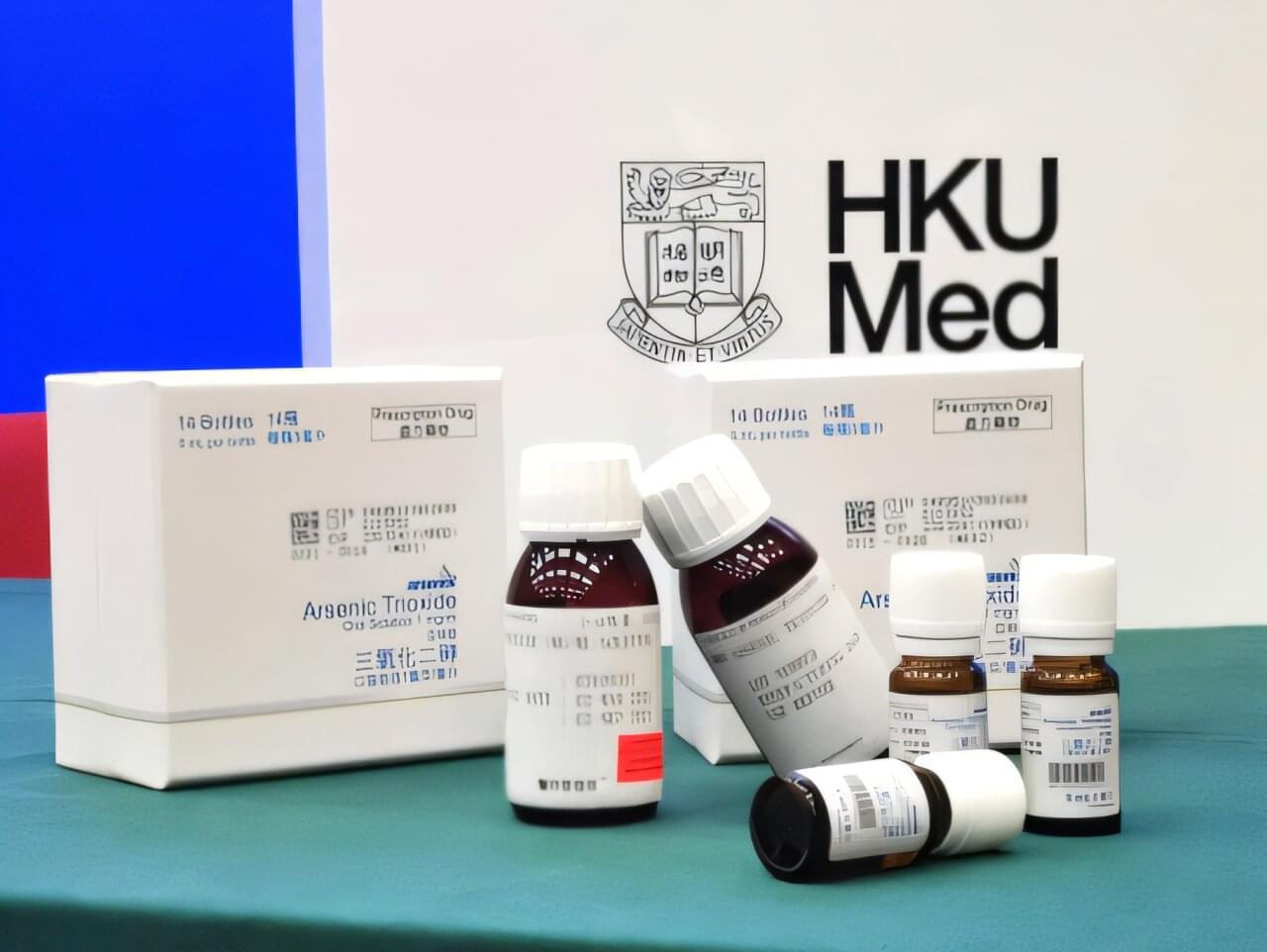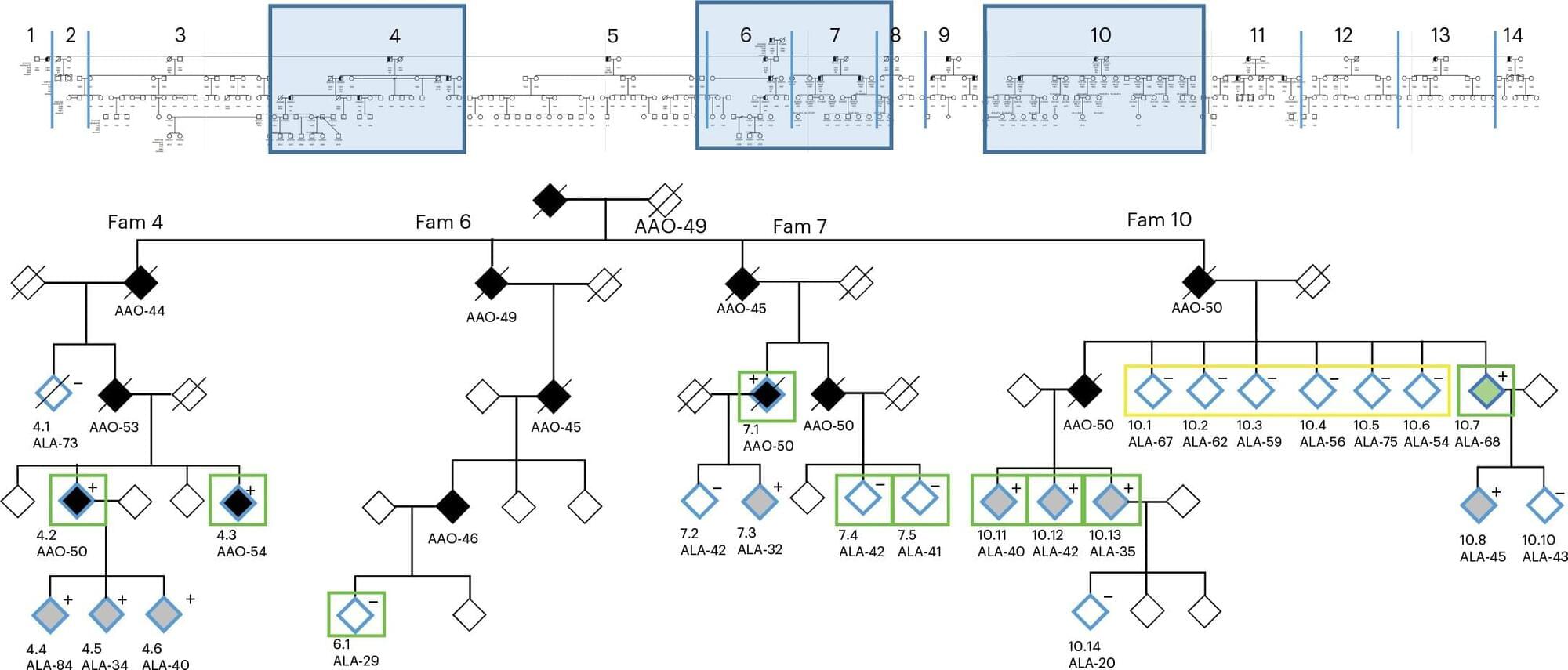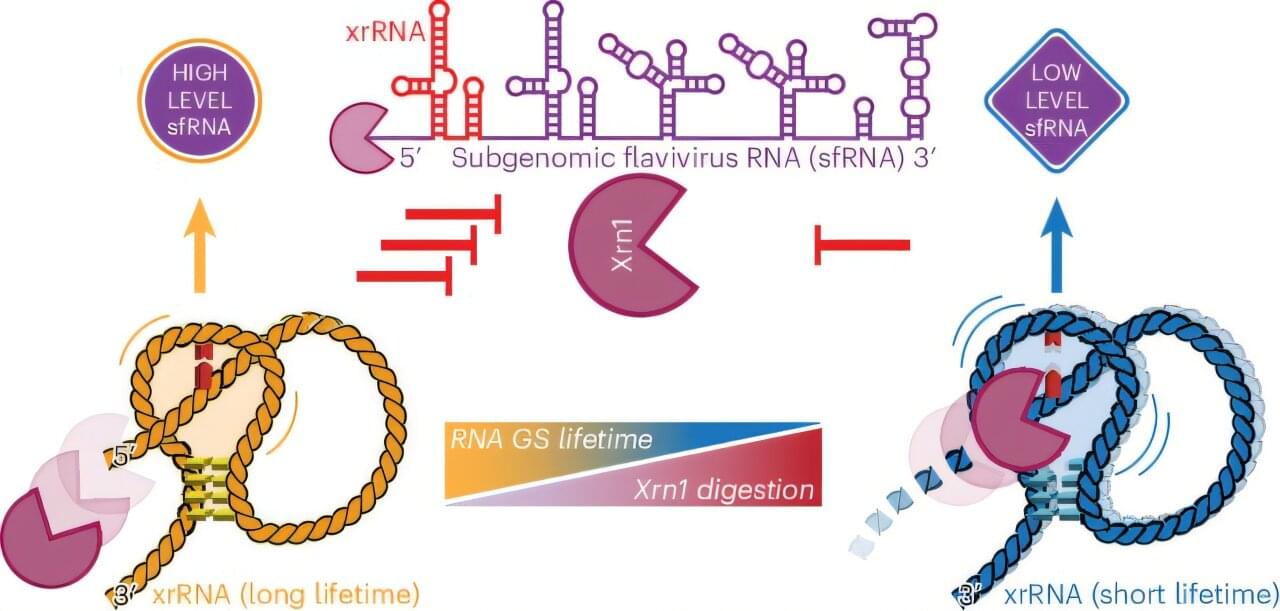If the coordination of DNA and RNA epigenetics gets thrown off, you may end up with too much or too little of a protein, Fuk suggested. “Now, a key protein will be expressed at a too high level,” he said.” This could be detrimental for a cell and contribute to tumorigenesis,” or the formation of tumors.
There are already approved therapies that inhibit the methylation of DNA, and there’s an early-phase clinical trial testing RNA methylation inhibition as a cancer treatment. Fuks and his team are testing the potential of combining these existing therapies to improve patients’ outcomes. Preliminary data from their laboratory studies hint this strategy could be useful for patients with leukemia.
